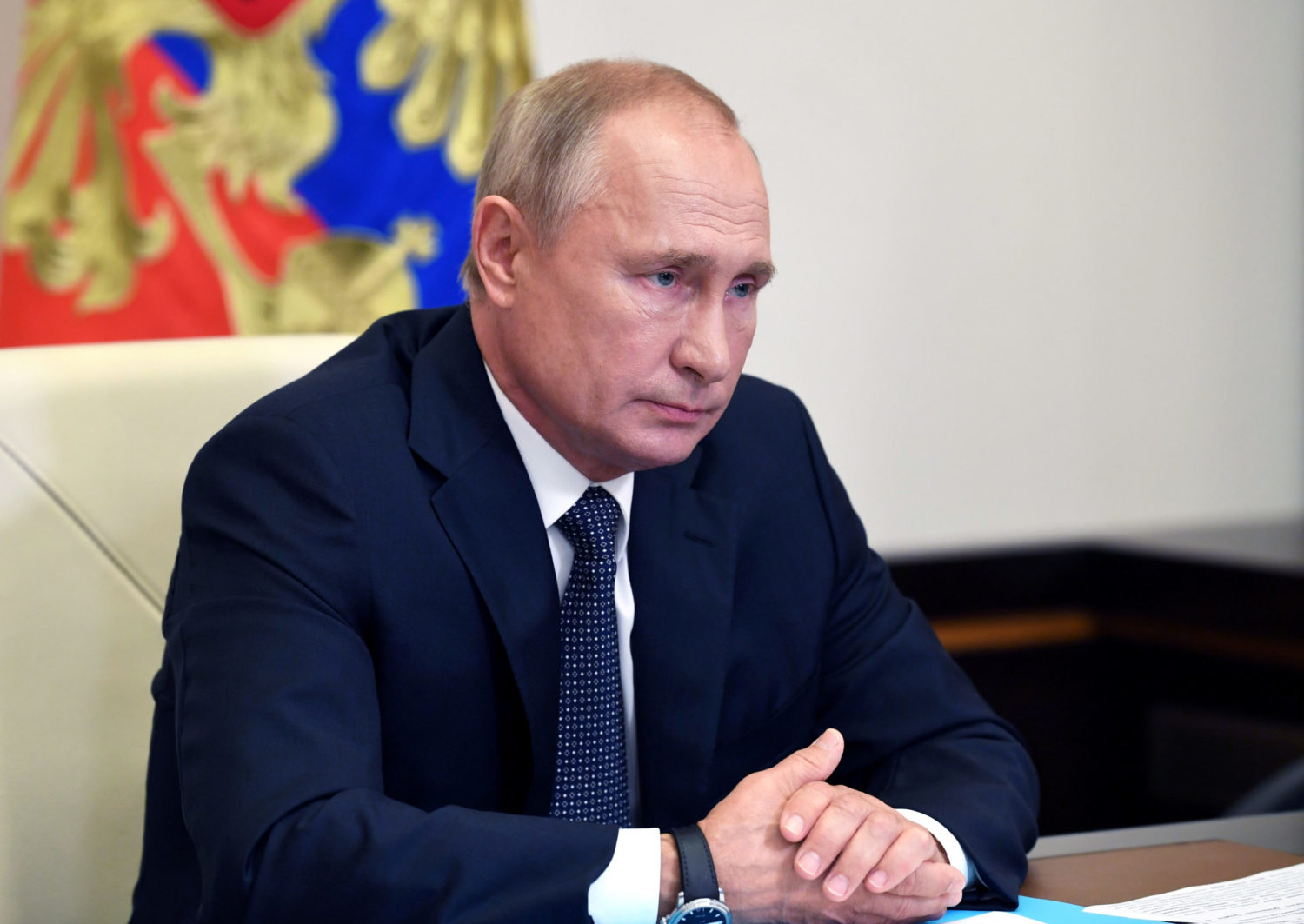
By Vladimir Soldatkin and Nvard Hovhannisyan
MOSCOW/YELPIN, Armenia (Reuters) – France and the United States are expected to send diplomats to Moscow soon to discuss the Nagorno-Karabakh conflict, Russia said on Thursday, two days after the Kremlin deployed troops to the ethnic Armenian enclave in Azerbaijan to secure a truce.
The arrival on Tuesday of the peacekeepers to oversee the ceasefire between Azeri troops and ethnic Armenian forces in the enclave extends Russia’s military footprint among the former Soviet republics it views as its strategic back yard.
Moscow co-chairs an international group overseeing the Nagorno-Karabakh dispute with Washington and Paris, but they were not involved in the deal signed by Russia, Armenia and Azerbaijan to end six weeks of fighting over the enclave.
“By no means do we want to distance ourselves from our American and French colleagues,” Russian Foreign Minister Sergei Lavrov said. “Moreover, we have invited them to Moscow. They will arrive within the next few days to discuss how they can contribute to the implementation of the achieved agreements.”
The accord, which locked in territorial gains by Azeri troops against ethnic Armenian forces in Nagorno-Karabakh, triggered protests in Armenia calling for the resignation of Prime Minister Nikol Pashinyan when it was announced early on Tuesday.
Hundreds of protesters rallied for a third day in the Armenian capital Yerevan on Thursday chanting “Nikol is a traitor!”. They then marched to the Security Service headquarters to demand the release of some opposition leaders and activists detained on Wednesday.
Pashinyan, elected in 2018 after street protests against alleged corruption ousted the former elite, said on Thursday he had signed the accord to secure peace and save lives.
Armenians living nearer to Nagorno-Karabakh, which has reported more than 1,300 losses among its fighters, had mixed feelings but welcomed the small columns of Russian peacekeepers making their way to the enclave on Thursday.
“We are happy that peacekeepers came but at the same time we are sad that we are giving up that territory,” Armen Manjoyan, a 45-year-old driver, said outside the Armenian village of Yelpin between Yerevan and the Azeri border.
“We all fought for it, but it turned out in vain,” he said. “I think it was not the right decision.”
Turkey, which has backed Azerbaijan over the conflict, signed a protocol with Russia on Wednesday to establish a joint centre to coordinate efforts to monitor the peace deal, agreed after three previous ceasefire attempts quickly broke down.
The details of the monitoring have yet to be worked out and Turkish Foreign Minister Mevlut Cavusoglu said on Thursday that Russian officials were due in Ankara on Friday to discuss them.
Nagorno-Karabakh is internationally recognized as part of Azerbaijan, which now joins eight other former Soviet republics where Russia has a military presence. Moscow has military bases in five neighboring states as well as troops in regions which have broken away from three others.
(Additional reporting by Maria Tsvetkova in YELPIN, Nailia Bagirova in BAKU and Margarita Antidze in TBILISI and Alexander Marrow in MOSCOW; Writing by Philippa Fletcher; Editing by Alison Williams)













